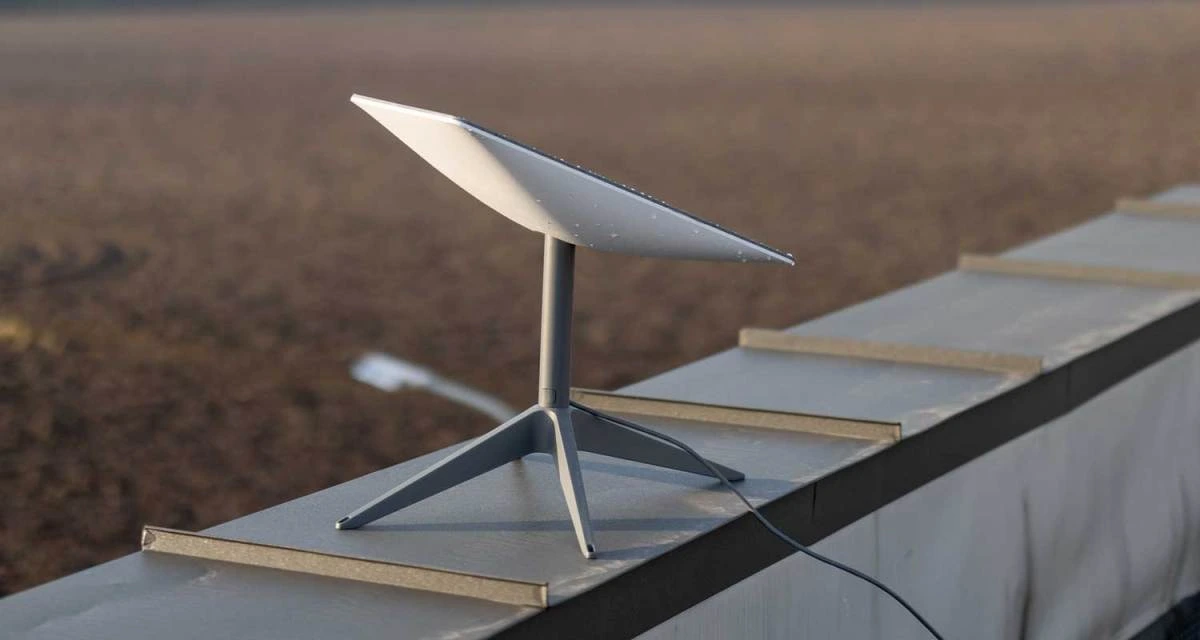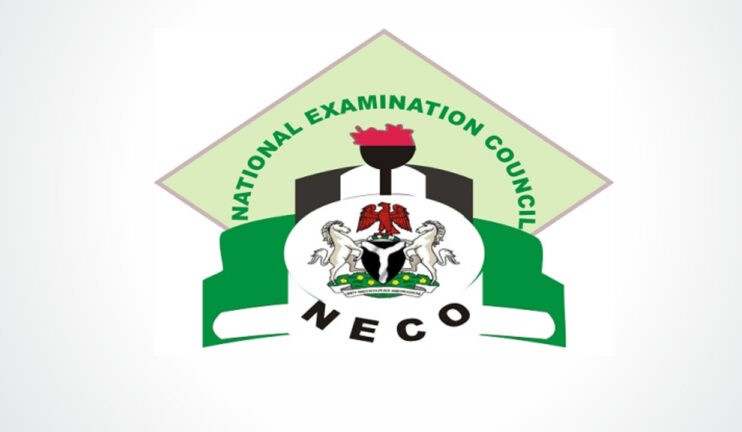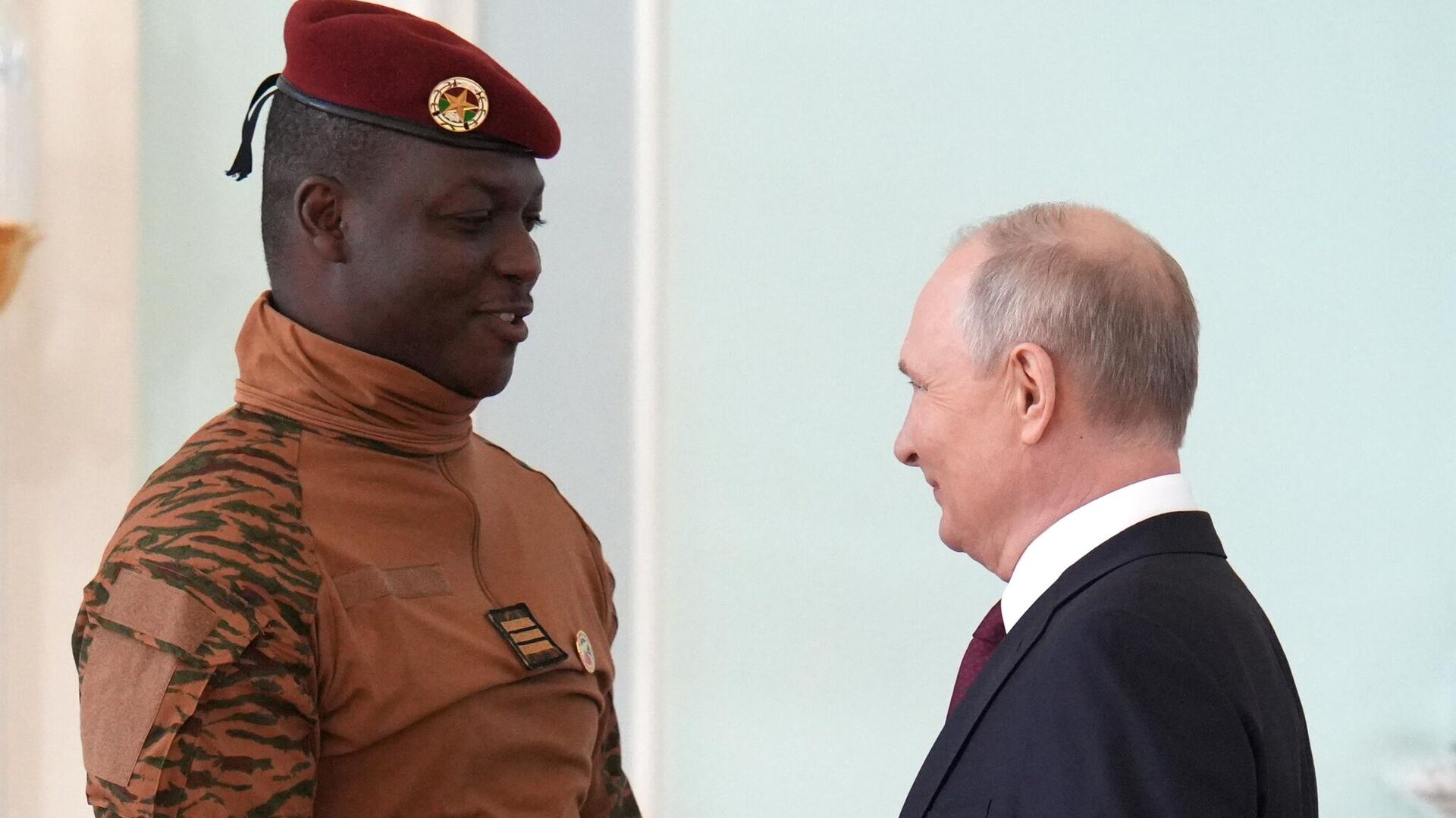The military government of Niger has granted SpaceX a five-year licence to offer high-speed connectivity through its Low-Earth Orbit (LEO) satellite internet service, Starlink.
After Starlink’s January launch in Liberia, Niger is now the most recent African nation to accept the service.
Director, Starlink Market Access Ben McWilliams stated on his LinkedIn page on Thursday, “Starlink now live in Niger! Our 20th market in Africa.”
Confirming this on his X page, Elon Musk wrote, “Starlink now available in Niger.”
A post from Starlink’s official X account confirmed the Internet provider’s presence in the African country, “Starlink’s high-speed, low-latency internet is now available in Niger!”
Niger’s low internet penetration
Just 32 percent of people in Niger have access to the internet, making it one of the least internet-savvy countries in Africa.
With only 30 percent of the country’s land covered by digital infrastructure, large rural sections are still disconnected.
According to the electronic communications authority ARCEP, this restricted access is partially caused by a lack of investment in the industry and continuous armed group attacks on communication infrastructure.
Starlink wants to close this gap and offer dependable, fast internet nationwide by utilising satellite technology.
Starlink’s expansion in Africa
With only 40 percent of the continent’s 1.3 billion inhabitants having internet access—the lowest percentage in the world—Starlink’s growth in Africa is a part of a larger movement to increase connectivity.
But in some countries, the program has faced challenges. For instance, Starlink is not available in South Africa, the continent’s biggest and most developed economy, even though it is in its bordering countries.
South Africa lost access to SpaceX’s satellite internet when the country barred the import of Starlink kits in August 2023.
Despite the growing desire for alternate internet alternatives, discussions to launch the service nationwide have continually stagnated.
Elon Musk recently asserted that because he is “not Black,” Starlink is not permitted to operate in South Africa.
Read also: Elon Musk’s Starlink becomes Nigeria’s second-largest ISP displacing FiberOne
With a global client base of over 2.6 million, Starlink offers broadband internet via a constellation of over 5,500 satellites that SpaceX began launching in 2019.
African countries with Starlink’s presence
Some of the African countries in which Starlink has established presence are Nigeria, Burundi, Botswana, Ghana, Benin, Rwanda, Malawi, Mozambique and Zambia.
Others are Madagascar, Sierra Leone, South Sudan, Eswatini, Chad, Liberia, Zimbabwe, Kenya, Tanzania, Democratic Republic of Congo (DRC) and now Niger Republic.


